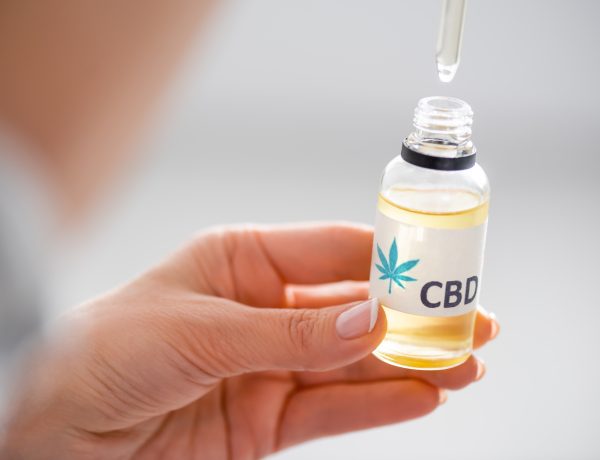Radiators seem relatively simple. All they need to do is fill up with hot water, and then spread that heat around the space they’re located in. You’d think that such a simple mechanism wouldn’t be able to go wrong, but this isn’t quite the case.
In many situations, you might find that your radiator is not the same temperature all over. This almost always points to some kind of issue, and means that your heating system isn’t running at peak efficiency. These are a few common causes of this problem, and some basic solutions for your hot radioator you can try.
An air blockage
The most common reason why radiators only get hot on one side is an air blockage. Due to a range of different reasons, air can enter into the system and displace the water that should be in the radiator, meaning that the radiator can’t do its job properly. This can happen with most radiators, and it’s a question of when you’ll need to sort it out, not if.
Luckily, it’s also one of the easiest radiator-related issues to sort out – all you need to do is bleed the system. To do this, place a small bucket or a towel under the valve that you’ll find at the ends of the radiator, open the valve up slowly with a key, and wait for the air to hiss out. When water starts to bubble out and the air stops, close it back up again, and you’re finished!
Boiler problems
Another common reason why your radiator might not be heating up properly is if your boiler is experiencing issues. While this typically wouldn’t mean that one side got much hotter than the other, a faulty boiler could result in your radiator only achieving lacklustre temperatures, instead of getting piping hot.
If you suspect this could be the case, you may want to get it checked out by a boiler technician from somewhere like Able Plumbers. They’ll be able to give it a brief lookover and identify any problems, helping you to narrow down where the issue could originate from.
Sludge
Over time, sludge can start to build up in radiators. Sludge is essentially any dirt that can get into the heating system water supply, including bits of rust, mineral deposits, and any other impurities that can sediment into solid lumps.
If you have a sludge build-up, it can be difficult to deal with it alone. You may need to get in contact with a plumber, so that they can take a look at the extent of the issue for you. Depending on what’s going on, they may need to drain the system of water and push the sludge through, using some special tools.
Getting your radiator working optimally shouldn’t be something that you put off getting sorted out. It can have an unnecessarily negative impact on your heating expenses, and it’s often incredibly easy to fix. In some cases, it can even point to a more serious issue that could escalate if not seen to as soon as reasonably possible.
Read more lifestyle articles at ClichéMag.com
Images provided by Deposit Photos, BingAI, Adobe Stock, Unsplash, Pexels, Pixabay & Creative Commons





